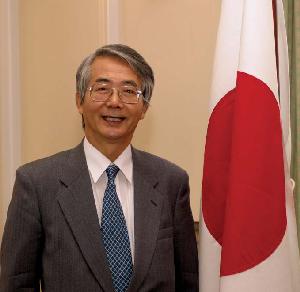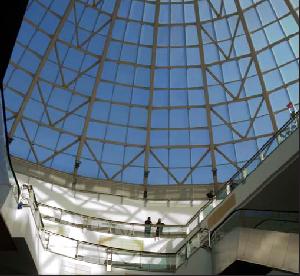
Embracing the new European role
Looking to follow in the footsteps of Romania into the European Union, while hoping to avoid its pratfalls, new Turkish ambassador Ahmet Okcun talks to Michael Bird about Europe, business and the demands of the job
Profile >
|

Holding out for a stable future
Economic consistency and a fair level of customs duties in line with Europe would help stimulate Japanese investment
in Romania.
Although diplomatic ties between the two nations have always been tight, the bilateral trade that Japan and Romania have enjoyed has not yet reached a satisfying level.
Business >
|

Opening a new vista for business
Trade ties have always been close between Turkey and Romania, but the Government still needs to prove the nation is a free trade zone
Following the Revolution, Turkey saw a market opportunity in Romania and then the holding companies dived in. Since then the Anatolian nation established itself as a firm partner in business, often due to the entrepreneurial zeal of Turkish traders and a shared style of business practise.But a climate that still fails to consistently punish firms in debt to the state and restrictive legislation has meant that Romania's trading environment is far from fair, free and competitive enough for a developing country that wishes to attract and retain high-performing companies.
Business > |

Local wine faces a dry period
Tough competition from the EU and the new world hreatens the domestic wine market, especially as Europe lacks a sweet tooth
Local wine producers could experience a bitter harvest in 2007, as the opening of the European Union borders means greater competition at home and further challenges abroad.
This is further troubled by the
European palate's favour for young, dry
and fruity wines, while the Romanian
variety is, on the whole, sweet.
Reports > |